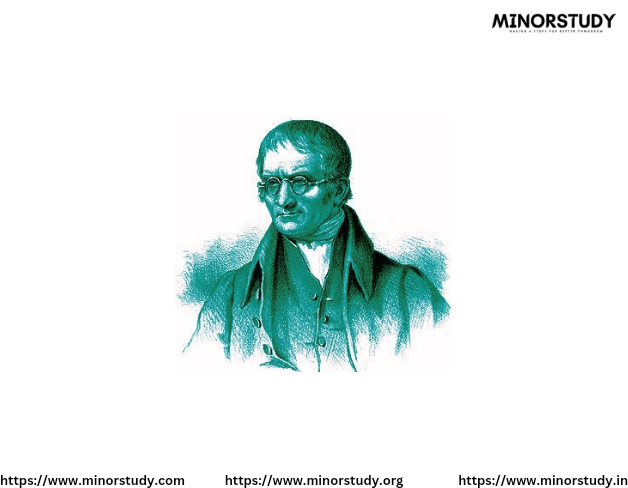Ada Yonath
- Minorstudy Web blogs
- Dec 6, 2024
- 3 min read

Ada Yonath (born June 22, 1939) is an Israeli crystallographer best known for her pioneering work on the structure of the ribosome, the molecular machine that synthesizes proteins within cells. Her groundbreaking research has had a profound impact on the fields of structural biology and molecular medicine, and in 2009, she was awarded the Nobel Prize in Chemistry for her work in this area.
Early Life and Education:
Born: June 22, 1939, in Jerusalem, Israel, as Ada E. Lifschitz.
She showed an early interest in science and studied chemistry at the Hebrew University of Jerusalem, where she earned a bachelor's degree in 1960 and a master's degree in 1964.
Yonath then went on to pursue a Ph.D. in chemistry at the Weizmann Institute of Science in Rehovot, Israel, where she later became a faculty member.
Key Contributions:
1. Research on Ribosome Structure:
Ada Yonath’s most notable scientific achievement is her work on the ribosome, the complex molecular structure responsible for protein synthesis in cells.
Through her expertise in X-ray crystallography, Yonath was able to produce the first high-resolution images of the ribosome, revealing its complex structure and function. This work opened the door to better understanding how ribosomes function at the molecular level and how they can be targeted by antibiotics.
She spent decades trying to crystallize the ribosome, which is a massive and difficult structure to study due to its complexity. Her determination paid off, and in 2000, she, along with colleagues Venkatraman Ramakrishnan and Thomas A. Steitz, succeeded in mapping the ribosome’s structure in three dimensions.
2. Ribosome and Antibiotics:
Yonath’s work provided key insights into how antibiotics interact with ribosomes to block protein synthesis in bacteria, which led to more effective drug development for treating bacterial infections.
Her research has implications not only in basic science but also in medical applications, such as the development of new antibiotics that are more effective against resistant strains of bacteria.
3. Pioneering Techniques in Crystallography:
Yonath’s work in X-ray crystallography was revolutionary. The ribosome, due to its large size and complexity, was a difficult subject for this technique, which requires the formation of high-quality crystals of the molecule being studied. Yonath’s ability to work with large macromolecules and improve techniques for studying them was crucial for advancing the field of structural biology.
Nobel Prize in Chemistry (2009):
In 2009, Yonath was awarded the Nobel Prize in Chemistry alongside Venkatraman Ramakrishnan and Thomas A. Steitz for their collective work in elucidating the structure of the ribosome. Their discovery has been described as one of the most important contributions to biochemistry and molecular biology in recent decades.
Yonath became the first Israeli woman to win a Nobel Prize in the sciences, a major milestone for both Israeli and women scientists globally.
Legacy and Impact:
Ada Yonath’s contributions have had a lasting impact on both the fields of molecular biology and medicine. Her work has provided an essential framework for understanding how cells create proteins, which is foundational to much of biology.
Her research also has had far-reaching consequences for antibiotics, opening new avenues for the development of better treatments for bacterial infections and fighting antibiotic resistance.
Yonath is considered a role model for young scientists, particularly women, in the STEM fields. She is an advocate for women in science and has mentored many students, helping to shape the next generation of researchers.
Interesting Facts:
Yonath faced numerous challenges during her career, particularly as a woman in a male-dominated scientific field. However, her perseverance and passion for science led her to groundbreaking success.
She is known for her humble and modest personality, often emphasizing the importance of teamwork and collaboration in her research.
Yonath has worked at the Weizmann Institute of Science throughout much of her career, where she continues to mentor young researchers and students.
Quotes:
"I feel very lucky that I was able to work on something that is so important, and at the same time, I was lucky enough to have the opportunity to contribute to a better understanding of life."
"If we can understand how the ribosome works, we will know how to fight disease better."
Significance:
Ada Yonath’s work has not only deepened our understanding of the fundamental processes of life but has also directly impacted the development of medical therapies. By uncovering the structure of the ribosome, she made it possible to design better drugs to fight bacterial infections and potentially save millions of lives. As one of the leading figures in structural biology, Yonath has inspired countless scientists, especially women, to pursue careers in science and contribute to solving the world’s most challenging problems.











Comments